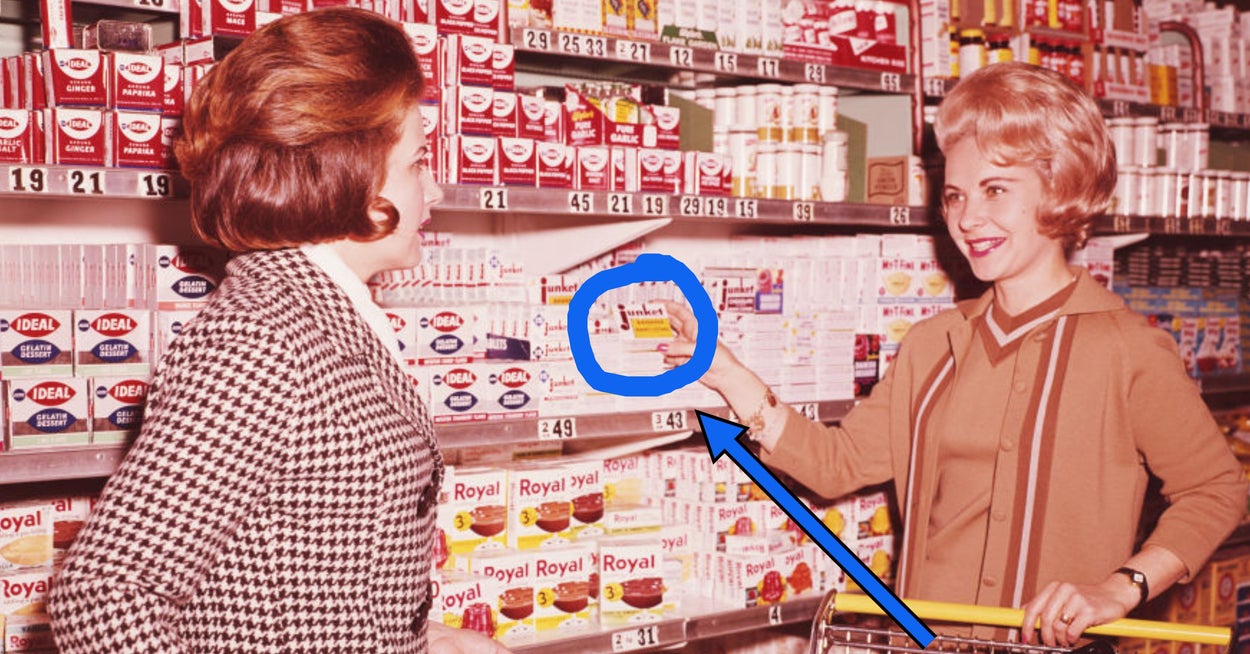
"Hacking pay phones: To understand this hack, you need to remember analog pay phones, where you would dial the number and then an operator would come on and say something like, 'Please deposit $2.25 for three minutes.'"
"If you went to a government office to apply for something and they handed you a stack of forms to fill out, you could just stand there and tell them you couldn't read or write, then they had to read you the questions and write down your answers."
"I read Steal This Book, and it said if you just looked like you belonged somewhere, people wouldn't question you, and pre 9/11, this was always true."
"When creating masters for the mimeograph machine, errors could (mostly) be corrected by carefully using a razor blade to scrape off the ink image on the stencil."
Technology continually alters society, leading to the obsolescence of once-common knowledge. Examples include hacks related to pay phones, where users would trick the system to avoid fees, and government office interactions where illiteracy could lead to assistance. There were also tactics for concealing actions, such as pretending to belong in restricted areas, prevalent before increased security measures. Additionally, traditional methods for correcting mimeograph mistakes showcased the effort involved in older technologies, which are now largely replaced by digital processes.
Read at BuzzFeed
Unable to calculate read time
Collection
[
|
...
]